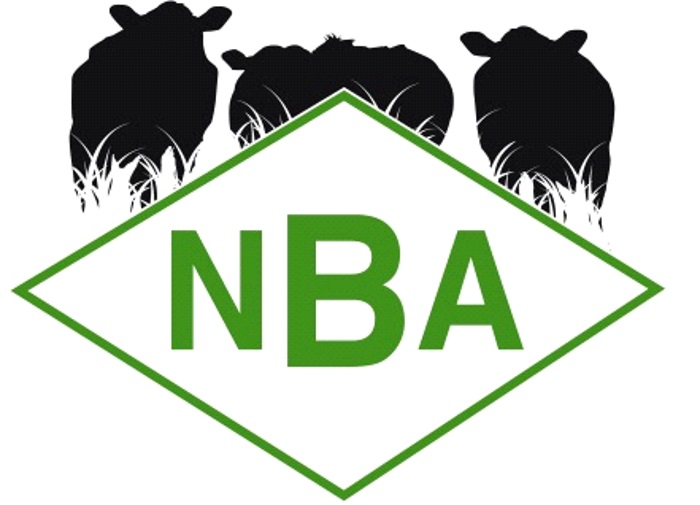With changes to Approved Finishing Units (AFUs) in the pipeline, the National Beef Association (NBA) is calling for a four year extension before any phasing out occurs which could cause serious welfare and cash-flow problems for farmers.
AFUs were introduced to provide a route for rearing, fattening or finishing cattle from TB restricted and un-restricted farms. These must be applied for and approved by the Animal and Plant Health Agency (APHA).
AFUs fall in to two categories; with grazing or without grazing. The former may be approved in annual testing areas and cattle sourced from restricted herds must have a clear test within 90 days preceding their movement (with the exception of calves under six weeks old). The latter will only be approved in annual testing areas where breakdowns with post-mortem or culture evidence of disease have been identified and the source seems likely to be from wildlife.
With significant changes to TB cattle controls coming into force in England during 2016, and changes to AFUs with grazing on the horizon, it has been noted that Defra is looking to phase out AFUs with non-contiguous grazing which could lead to a detrimental effect on producers in restricted areas.
AFUs with grazing are subject to rigorous biosecurity controls and testing regimes in order to minimise any threat to other cattle and wildlife. This includes specific fencing and statutory 90 day testing. Commenting on the value of grazing AFUs to the UK Beef Industry, Chris Mallon, Chief Executive of the NBA said:
“AFUs with grazing are necessary to the UK Beef Industry as they provide a market for TB restricted cattle that would otherwise be worthless. Without AFUs these cattle would be further dispersed and the potential of disease spread significantly increased. There are a number of strict regulations and regimes in place to ensure that the risk of disease spread is as low as possible.”
It is proposed that areas that have completed their first year of culling in a four year contract will lose any AFUs with grazing. Bill Harper, Chairman of the NBA TB Committee and NBA Board Member, explains: “This move would cause severe hardship to farmers and reduced welfare to cattle, particularly younger cattle from restricted farms that need to move. There is no net gain in terms of disease risk and these cattle will either stay on the farm of its origin and be grazed in an overstocked situation or they will be moved to clean areas.”
AFUs have shown low incidence of reactors and are essential to ensuring the industry can exist in areas with a TB problem. Chris adds: “Until the need for AFUs has dissipated we cannot phase them out as this could be catastrophic for farmers.
“AFUs will phase themselves out naturally without government intervention as TB reduces and the supply of restricted cattle evaporate.”
There are also concerns over the requirements of several native cross bred schemes which demand cattle are grazed. Many dairy herds use native breed semen to increase the beef value of their stock and which will have an economic impact on both the dairy and beef sectors, resulting in native breeds becoming less desirable amongst producers.


